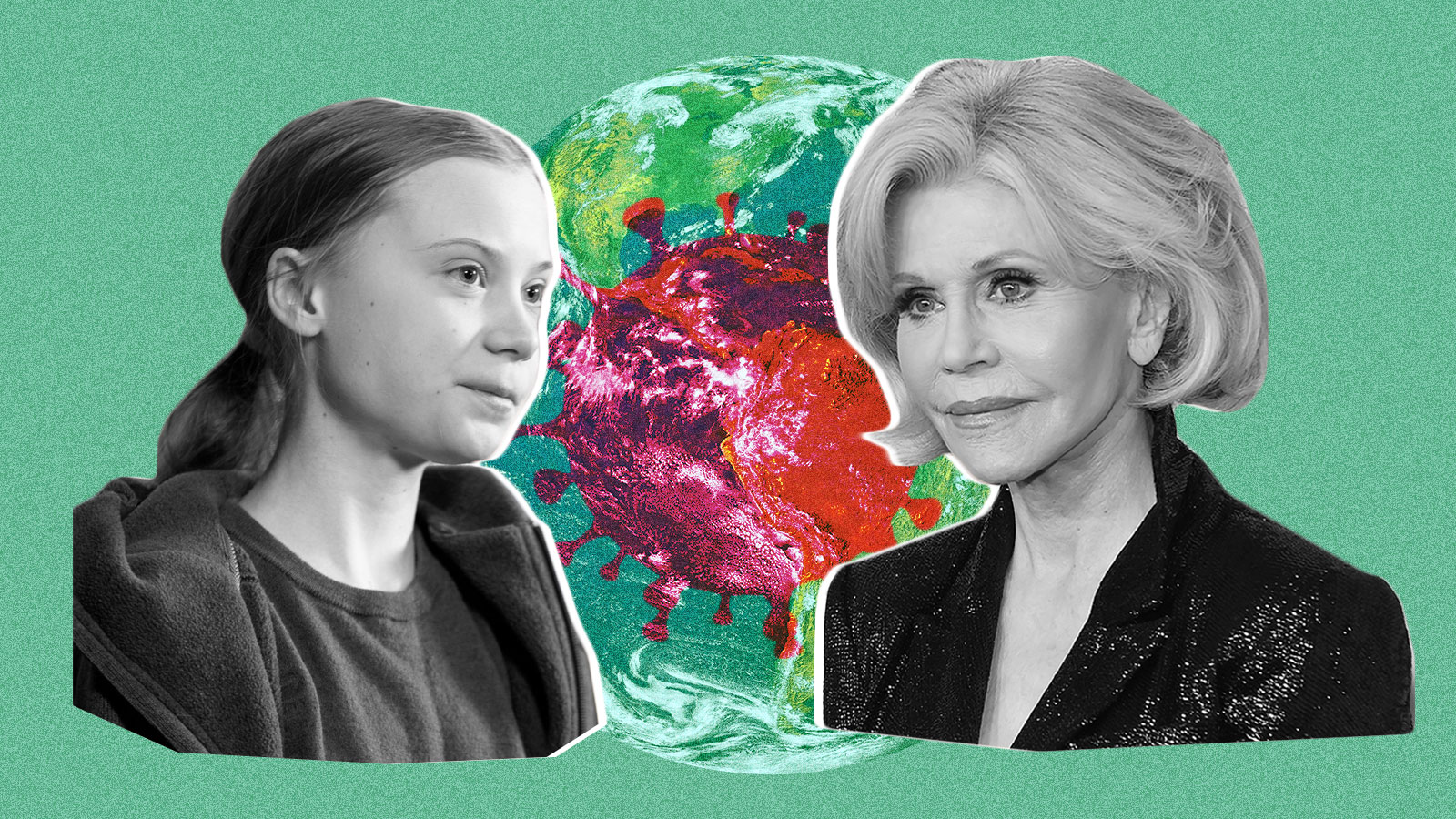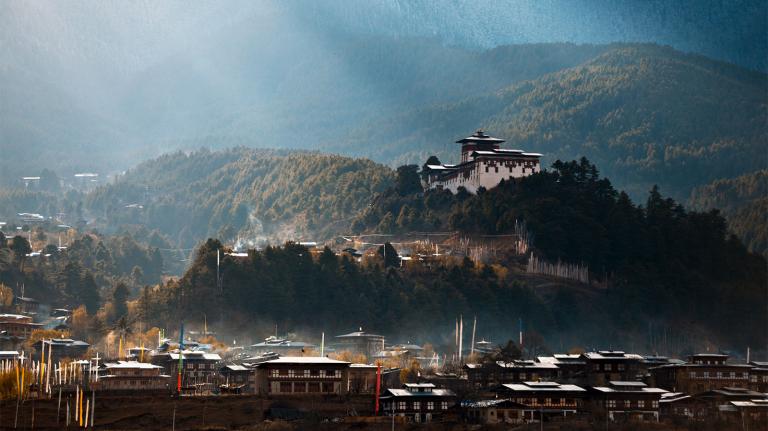When 82-year-old actor and activist Jane Fonda appeared on Seth Meyer’s late-night show via Zoom earlier this month, she didn’t want to dwell on the novel coronavirus. The conversation was all about climate activism.
“The climate crisis affects young people differently,” she told Meyers. “It’s their future. They had nothing to do with causing this to happen.” The founder of Fire Drill Fridays, a series of rallies for climate action that has led to multiple arrests for Fonda, says that young climate activists’ resolve and the fate of younger generations are what motivate her to speak out about climate.
Despite the longstanding acrimony between millennials and baby boomers over avocado toast and trigger warnings, I have hope for intergenerational relations on climate after the coronavirus. And it’s not just because of Fonda’s climate activism — although I applaud her resolve and solidarity with younger generations.
Although the climate crisis affects young folks more, and the coronavirus crisis puts older generations at higher risk, none of us is immune to either — and the pandemic may give us a greater sense of our need for one another. While the hashtag #BoomerRemover — a snide nickname for the virus highlighting its high mortality rate for the elderly — and videos of callous spring-breakers in Florida have proliferated, so have countless stories of people going out of their way to help others and support their communities across generational lines. Young people across the country are mobilizing their peers into groups with names like Zoomers to Boomers and Shopping Angels to help bring groceries and supplies to older neighbors, and the Canadian practice of “caremongering” is spreading. Disasters can bring people together, deepen our sense of responsibility to our neighbors, and broaden the definitions of who we include in our communities.
It’s certainly easy to find examples of intergenerational head-butting over climate change, like when Greta Thunberg and other young climate activists were scolded for blaming “older generations and those in power” for climate change in a Guardian opinion piece. Or when 25-year-old New Zealand lawmaker Chlöe Swarbrick was heckled by an older politician during a climate speech and countered with, “OK, boomer.”
But I’m optimistic that the pandemic could remind the old and young alike that making the world better and safer can be a common cause. When Thunberg announced on Instagram last month that she very likely had COVID-19, she emphasized the importance of tackling the COVID-19 crisis collectively. “We who don’t belong to a risk group have an enormous responsibility, our actions can be the difference between life and death for many others,” she wrote.
And in the same interview with Meyers, Fonda laid out how this responsibility could translate to climate change. “The COVID crisis has a lot in common with the climate crisis,” she said. “It requires listening to the scientists, listening to experts, being prepared … and being kind and generous with each other.” That’s a tall order — but we may yet come out the other side of this pandemic with some practice.



